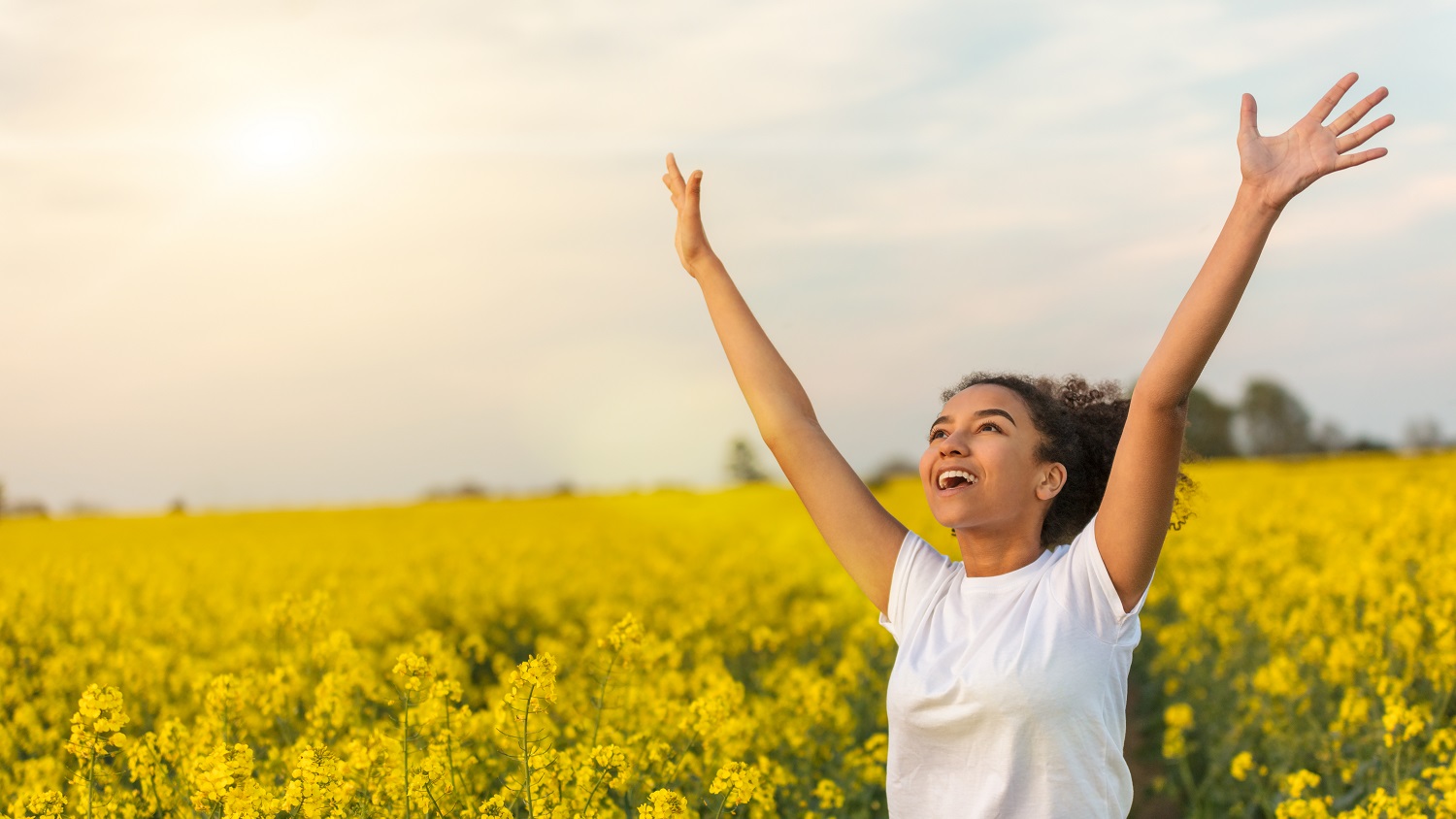Kids and Teens Can Build Mental Resilience By Increasing Time Outside

The COVID-19 pandemic has become a profound human health stressor associated with global change. While the direct effects of contracting COVID-19 can result in a range of physical health complications including death, the virus also impacts the mental well-being of those not infected.
According to a study from NC State researchers in the College of Natural Resources, health initiatives such as physical or social distancing and quarantine intended to curtail the spread of COVID-19 require people to refrain from activities deemed non-essential. While these practices are necessary for protecting public health, they put additional stress on adolescents by changing routines and reducing social interactions during a key life stage.
“Families should be encouraged that building patterns in outdoor recreation can give kids tools to weather the storms to come,” said Kathryn Stevenson, a study co-author and assistant professor of parks, recreation and tourism management at NC State. “Things happen in life, and getting kids outside regularly is an easy way to build some mental resilience.”
Survey Says: Get Out of the House!
In a survey conducted from April 30 to June 15, 2020, researchers asked 624 adolescents between the ages of 10 to 18 years to report their participation in outdoor recreation both before the pandemic and after social distancing measures were in effect across the United States. They also asked adolescents about their subjective well-being, a measure of happiness, and mental health.
The findings revealed the pandemic had an impact on the well-being of many teens in the survey, with nearly 52 percent of adolescents reporting declines in subjective well-being. They also saw declines in teens’ ability to get outside, with 64 percent of adolescents reporting their outdoor activity participation fell during the early months of the pandemic. Despite these declines in outdoor activity participation, nearly 77 percent of teens surveyed believed that spending time outside helped them deal with stress associated with the COVID-19 pandemic.
“We know that a lot of outdoor activities that kids engage in happen during school, in youth sports leagues or clubs, and those things got put on hold during the pandemic,” said the study’s lead author Brent Jackson, a graduate student in the Fisheries, Wildlife and Conservation Biology Program at NC State and a member of the EE Lab at NC State. “Based on our study, they were getting outside less – we think not being in school and having those activities really contributed to that.” Jackson was recently featured in an interview by Monica Laliberte on WRAL.
Large Percentage of Teens Stuck Inside During Pandemic
When they broke down recreation by type, researchers saw participation in outdoor play activities such as sports, biking, going for walks, runs or skating declined by 41.6 percent, nature-based activities such as camping, hiking, fishing, hunting, and paddling dropped by 39.7 percent, and outdoor family activities declined by 28.6 percent. In those early months of the pandemic, about 60 percent of teens said they were able to get outside once a week or less.
“We saw declines in all three types of outdoor recreation participation,” Jackson said. “Nature-based activities had the lowest participation before and during the pandemic, which may point to the need for more access to natural spaces in general.”
During the pandemic, 76.4% of adolescents reported that spending time outside in nature helped them deal with the stress caused by practicing social distancing. Furthermore, the adolescents who said time outdoors helped them cope with pandemic-related stress.
Increased Need for Access to the Outdoors
Researchers said the findings, published in the International Journal of Environmental Research and Public Health, point to outdoor play and nature-based activities as a tool to help teenagers cope with major stressors like the COVID-19 pandemic, as well as future natural disasters and other global stressors. Researchers also underscore the mental health implications of restricting outdoor recreation opportunities for adolescents, and the need to increase access to the outdoors.
Advocates for creating more parks and green spaces are growing. City Parks Alliance advocates and develops policies for greater federal investment in city parks. Highlights from their work include promoting the American Outdoors Act, a bill signed into law in 2020 that provides $900 million in permanent and dedicated annual funding for the Land & Water Conservation Fund (LWCF) and invests up to $9.5 billion to address priority repairs in our national parks and other public lands.